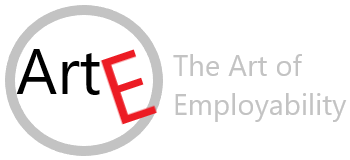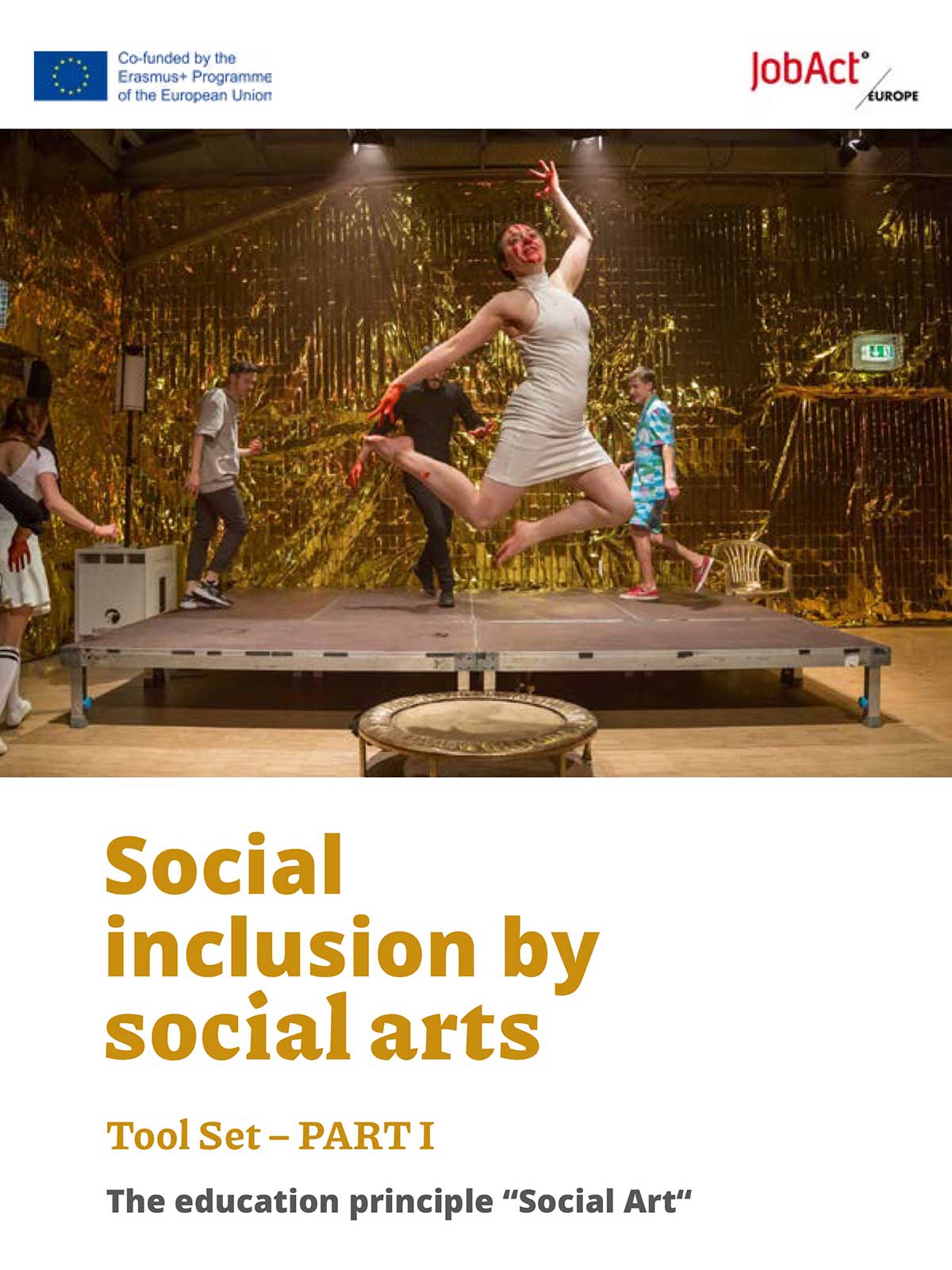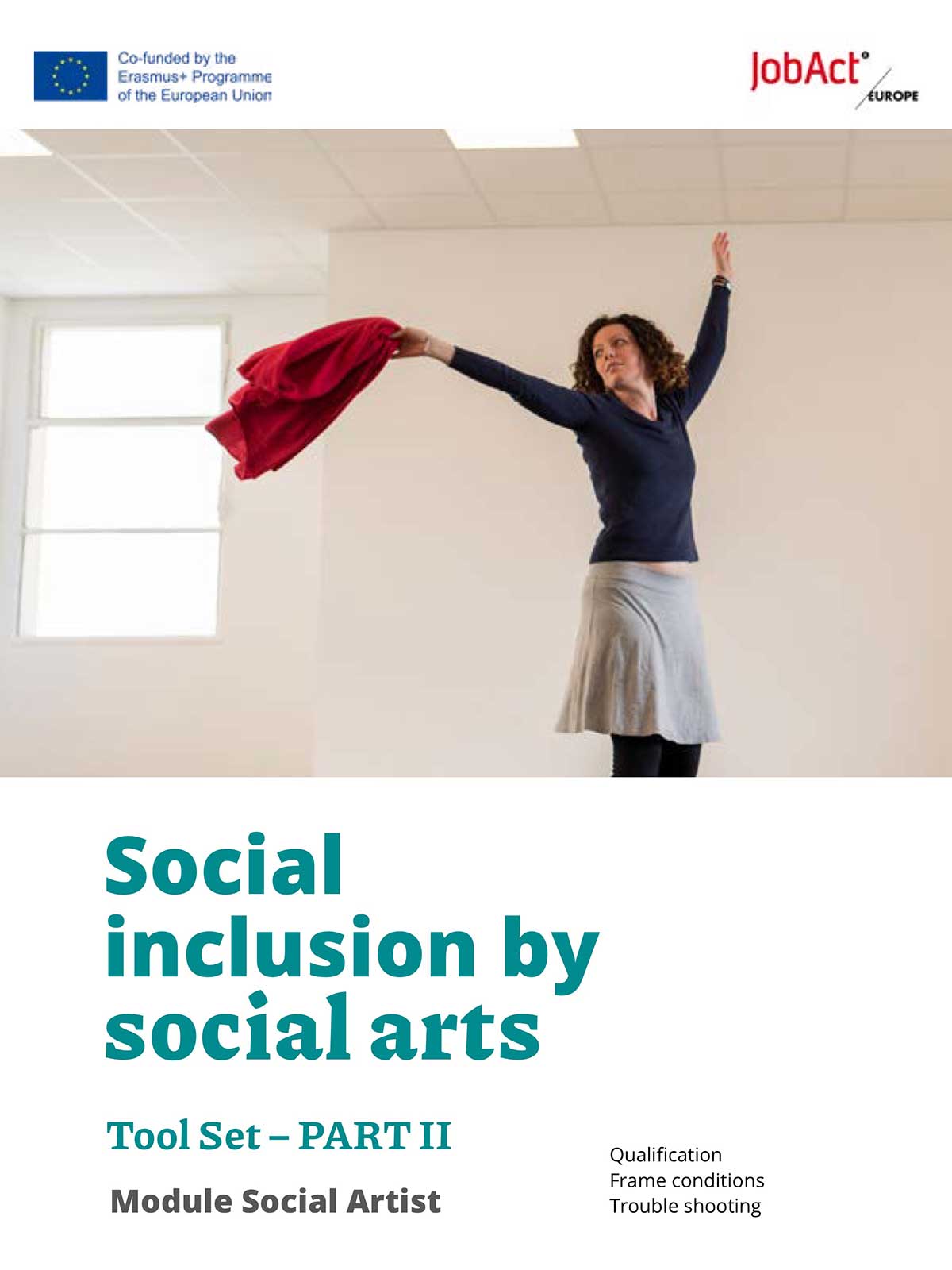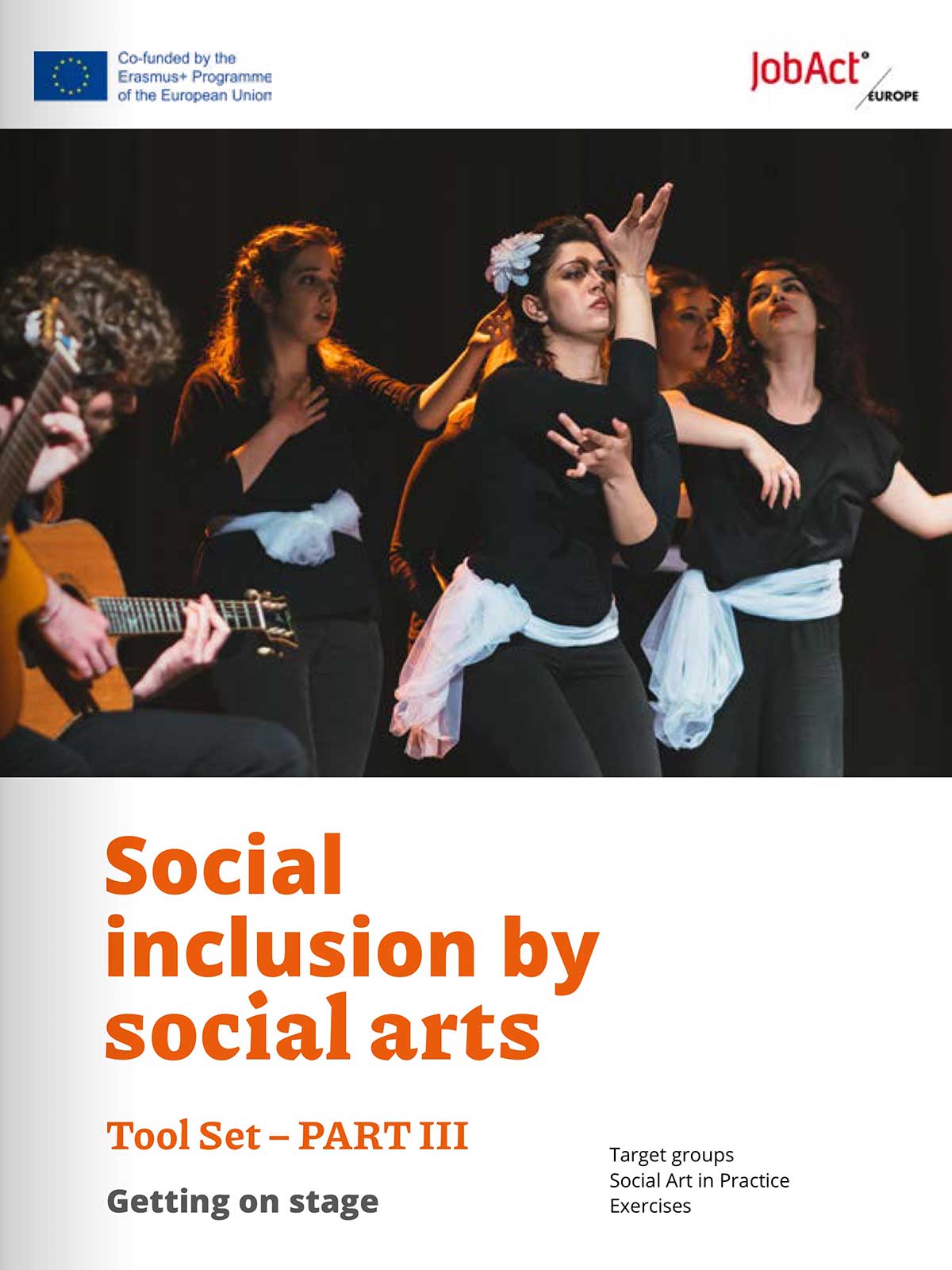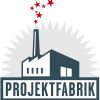Scientific monitoring
Toolset
Using Social Art yourself – working methods and approaches
In the previous project of „ARTE – The Art of Employability“ – the project „JobAct Europe – Social Inclusion by Social Arts“ – eight European partners worked on the dissemination of the Social Arts approach in Italy, France, Hungary and Germany.
The toolset resulting from the project consists of three interrelated parts, which are intended to familiarize interested parties with the working methods and approaches and to enable practitioners to apply Social Art themselves.
Soziale Kunst selbst anwenden – Arbeitsweisen und Ansätze
Im Vorgänger-Projekt von „ARTE – The Art of Employability“ – dem Projekt “JobAct Europe – Social Inclusion by Social Arts” – haben acht europäische Partner an der Verbreitung des Ansatzes der Sozialen Kunst in Italien, Frankreich, Ungarn und Deutschland gearbeitet.
Das aus dem Projekt resultierende Toolset besteht aus drei zusammengehörenden Teilen, die Interessierten die Arbeitsweisen und Ansätze näherbringen und Praktiker:innen dazu befähigen sollen, Soziale Kunst selbst anzuwenden.
Toolset-Downloads (PDF)
Drama in Education Days 2020:
New publication about social art and language learning
We are excited that TU Dortmund University was able to participate in the Drama of Education Days 2020 with a lecture on social art and ArtE. In the meantime, the scientific paper based on the lecture and written by Christine Best and Kerstin Guhlemann has also been published as part of the conference proceedings. The paper is entitled „The Art of Language Acquisition. Social Art as an Alternative Educational Approach to Promoting Language Acquisition in a Pluralised Society“ and can be read (in German) free of charge here in the conference proceedings.
Dramapädagogik-Tage 2020:
Neue Veröffentlichung über Soziale Kunst und Spracherwerb
Wir freuen uns, dass die TU Dortmund an den Dramapädagogik-Tagen 2020 mit einem Vortrag über Soziale Kunst und ArtE teilnehmen durfte. Inzwischen wurde auch der auf dem Vortrag basierende und von Christine Best und Kerstin Guhlemann verfasste wissenschaftliche Artikel im Rahmen des Tagungsbandes veröffentlicht. Der Artikel trägt den Titel “Die Kunst des Spracherwerbs. Soziale Kunst als alternativer Bildungsansatz zur Förderung des Spracherwerbs in der pluralisierten Gesellschaft“ und lässt sich hier im Tagungsband kostenlos lesen.
The Social Art of Language Acquisition:
A Theatre Approach in Language Learning for Migrants and its Digitization in the Corona Lockdown
Today’s challenges and developments ? migration flows, globalization, diversification of educational pathways – clearly indicate that language teaching can no longer only take place within the framework of school and vocational training. Outside the context of schools, approaches which combine language learning with other goals of development or that are linked to concrete objectives appear most promising. A particularly challenging field is teaching languages to adult refugees, since language courses can seldom address the learning culture, the different learning speeds and key competencies adequately. In the wake of the current Corona crisis, the problem is becoming more pressing. By digitalization of language courses, there is the danger that people with better prerequisites benefit more from the offered courses than those more in need, and the gap between people with higher or lower learning success will widen further. The article uses the practical example JobAct Sprachkultur, which is a German programme for job placement, based on a combination of theatre methods, language learning and social work, to investigate the extent to which theatre methods can contribute to reducing educational inequality in the language acquisition of adult refugees/migrants. Based on a document analysis and qualitative spotlight surveys with the trainers of the program, the potentials and limitations of the theatre approach and its digital implementation can be shown.
Wenn der Fremde Brecht zitiert …
The presentation ‚Wenn der Fremde Brecht zitiert …‘
(When the Stranger Quotes Brecht…) was created in 2020 as part of the 40th Congress of the German Sociological Association and is based on a lecture given there by the researcher Christine Best (TU Dortmund, Social Research Centre) in the ad hoc group „Social (dis)tension and art: artistic-creative practices in the migration society“.
The article was written in 2020 in the context of the 40th Congress of the German Sociological Association and was published in the conference proceedings „Gesellschaft unter Spannung. Proceedings of the 40th Congress of the German Sociological Association 2020“ (Birgit Blättel-Mink (ed.) 2021).
Die Präsentation ‚Wenn der Fremde Brecht zitiert …‘
ist 2020 im Rahmen des 40. Kongresses der Deutschen Gesellschaft für Soziologie entstanden und basiert auf einem Vortrag, der dort von der Wissenschaftlerin Christine Best (TU Dortmund, Sozialforschungsstelle) in der Ad-Hoc-Gruppe „Gesellschaftliche (Ent-)Spannung und Kunst: Künstlerisch-kreative Praktiken in der Migrationsgesellschaft“ gehalten wurde.
Der Artikel ist 2020 im Rahmen des 40. Kongresses der Deutschen Gesellschaft für Soziologie entstanden und wurde im Tagungsband „Gesellschaft unter Spannung. Verhandlungen des 40. Kongresses der Deutschen Gesellschaft für Soziologie 2020“ (Birgit Blättel-Mink (Hg.) 2021) veröffentlicht.
„The Future of Education“
International conference presents results from ArtE
The video shows a recorded presentation given at the international conference „The Future of Education“ (11th edition, 01.-02.07.2021, online/Italy, Florence) by Christine Best (Sozialforschungsstelle, TU Dortmund University). In the video results of the Erasmus+ project „ArtE – The Art of Employability“ are presented.
Internationale Konferenz präsentiert Ergebnisse aus ArtE
Das Video zeigt einen aufgezeichneten Vortrag, der im Rahmen der internationalen Konferenz „The Future of Education“ (11. Edition, 01.-02.07.2021, online/Italien, Florenz) von Christine Best (Sozialforschungsstelle, Technische Universität Dortmund) gehalten wurde. Im Beitrag werden Ergebnisse aus ArtE präsentiert.
